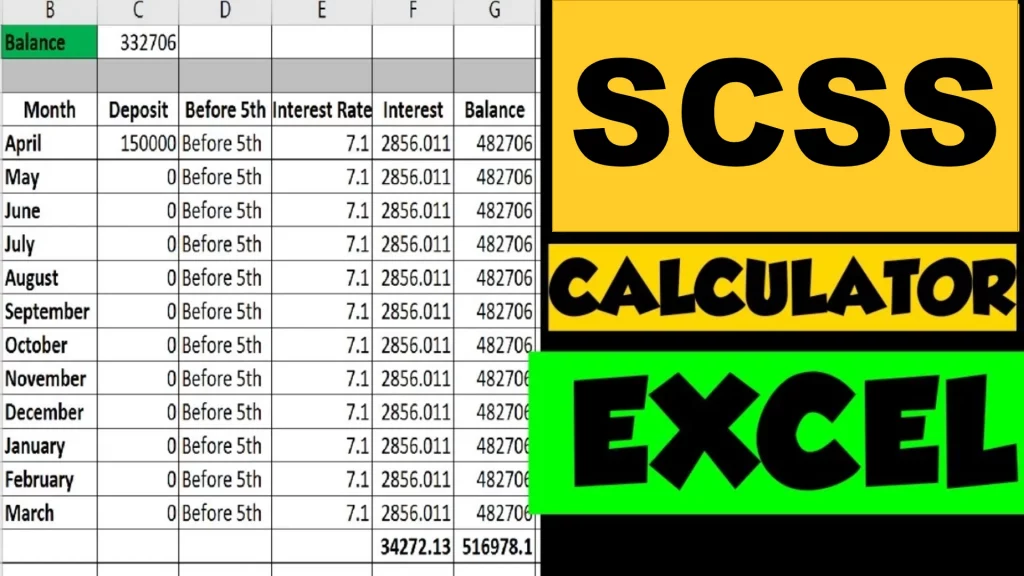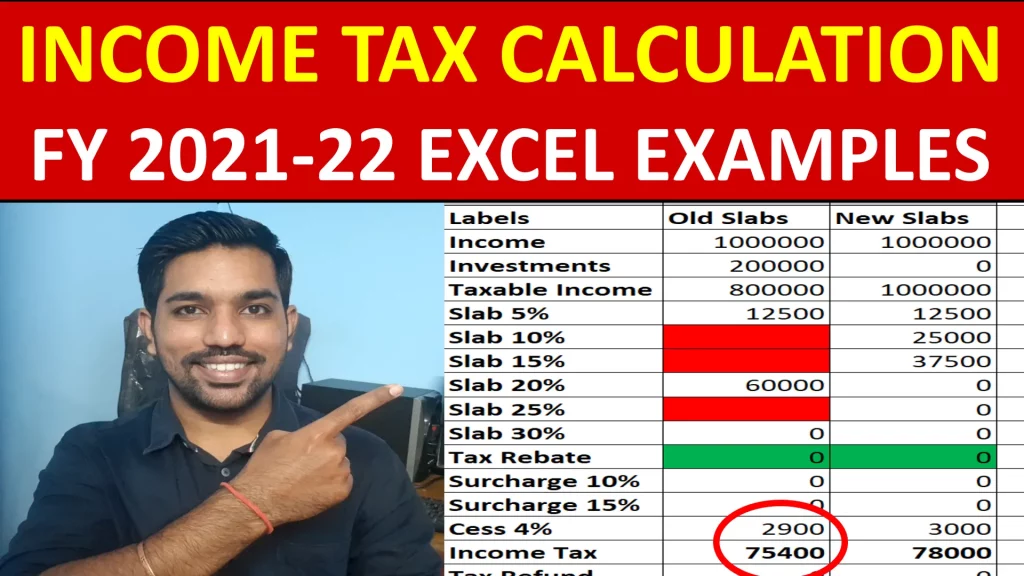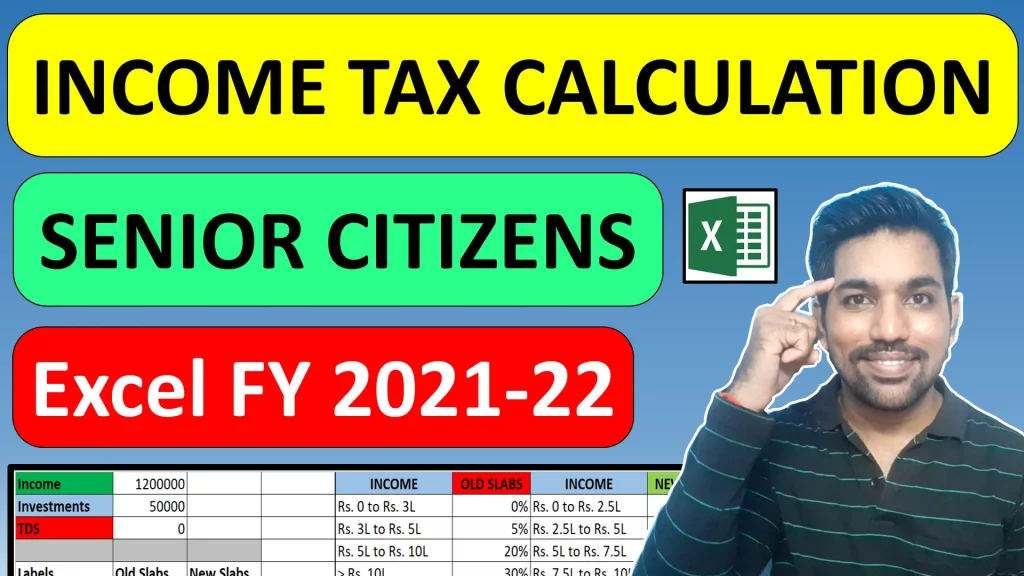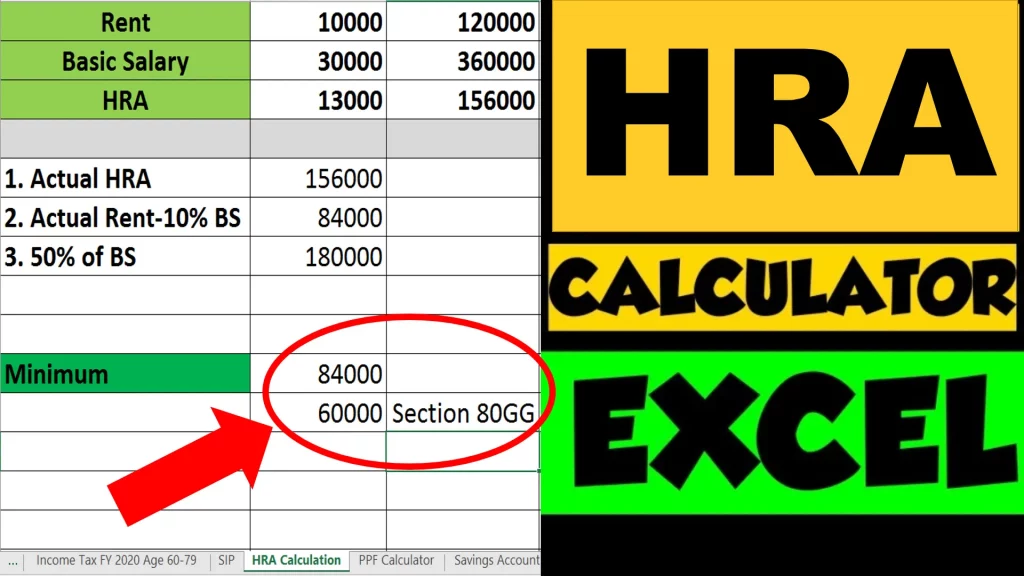Senior Citizens get income tax benefit on interest earned from savings account, fixed deposits, recurring deposits and other deposits in banks and post offices under Section 80TTB with maximum deduction limit of Rs. 50,000 in a financial year. This helps the Senior Citizens of India to have financial cushion and not to pay tax on interest earned to some extent from these deposits that might be the only source of income for them.
Let us understand Section 80TTB in detail below.
What is Section 80TTB Deduction?
- Section 80TTB of Income Tax Act, was introduced to provide tax benefits for senior citizens on their interest incomes from deposits
- This deduction include deposits such as Savings Account Interest, Fixed Deposits, Recurring Deposits and other such deposits in Banks and Post offices
- Maximum of Rs. 50,000 can be claimed in this deduction if your age is 60 years or above any time during the financial year
- This deduction helps senior citizens with some financial cushion during their old age when they might have deposits as the only source of income
- While 80TTB is applicable for senior citizens (60 years and above) and Super senior citizens as well, but if you are a non senior citizen of age less than 60 years than you can claim on savings account interest amount under Section 80TTA
- While in 80TTA, only savings account interest can be claimed, 80TTB for senior citizens allow fixed deposits and recurring deposits interest to be claimed as well
- It is important to note that 80TTB can be claimed only with Old Tax Regime
ALSO READ: Rs. 10,000 Fixed Deposit Interest Calculation
Section 80TTB Deduction Limits
Senior citizens can claim maximum of Rs. 50,000 under Section 80TTB if their age is 60 years or above.
Below are the steps to calculate and claim deduction with 80TTB
- Calculate Interest amount from your Savings Accounts from Banks and Post Offices
- Add the interest amount earned from Fixed Deposits throughout the financial year
- Also calculate the total interest earned from recurring deposits held by you in the FY
- Add all numbers from 1-3 points above. Either this total amount or Rs. 50,000, whichever is lower, can be claimed while filing ITR (Income Tax return)
While filing ITR, the total interest income amount will have to be added in “Income from Other Sources” section and Rs. 50,000 or this total (whichever is lower) can be claimed under Section 80TTB. This will help you not to pay income tax on interest incomes earned for this financial year.
ALSO READ: More Income Tax Saving Options
Section 80TTA vs Section 80TTB
While Section 80TTB is for senior citizens of age 60 years or above, Section 80TTA is for the non senior citizens with Rs. 10,000 as limits and only savings account interest is considered for exemption.
Since non senior citizens might be still working and saving in various investment options, Section 80TTA still allows us to claim up to Rs. 10,000 as savings account interest amount in a financial year.
Below are the key differences between Section 80TTA and 80TTB:
Difference between Section 80TTA and 80TTB
| Items | Section 80TTA | Section 80TTB |
|---|---|---|
| Who is Eligible? | Non Senior Citizens of age below 60 years | All Senior Citizens with age 60 years and above |
| Deduction Limits | Rs. 10,000 in Financial Year | Rs. 50,000 in Financial Year |
| Deposits considered | Only Savings Account Interest earned from Banks and Post Offices | Interest from Savings Account, Fixed Deposits, Recurring Deposits, etc. are considered |
| Tax Regime | Allowed only in Old Tax Regime | Allowed only in Old Tax Regime |
Income Tax Saving by Senior Citizens using Section 80TTB
Let us understand the amount that can be claimed by senior citizens to save income tax with the help of example.
Let’s say below are the interest amounts earned in a financial year for a senior citizen:
- Saving Account Interest: Rs. 5000
- Fixed Deposits Interest: Rs. 70,000
- Recurring Deposits Interest: Rs. 9000
So total interest amount earned will be Rs. 84,000. Out of this, maximum Rs. 50,000 can be claimed under Section 80TTB while filing Income Tax Return.
ALSO READ: 3 Post Office Schemes with High Returns
How to Claim Section 80TTB Deduction?
The only way to claim 80TTB deduction to save income tax is by filing ITR (Income Tax Return).
Additionally, you can fill Form 15H in your Bank where you have fixed deposits to avoid deduction of TDS (Tax deduction at source).
Conclusion
So if you are a senior citizen, you can reap benefits of Section 80TTB to claim maximum of Rs. 50,000 in a financial year on your deposits including savings account interest, fixed deposits, recurring deposits interest, etc.
While Section 80TTB is for senior citizens, 80TTA is for non senior citizens to claim only savings account interest amount in Fy with limit of Rs. 10,000.
Some more Reading:
- Post Office Monthly Income Scheme to get Rs. 5000 pm
- Section 80D Deduction to claim Medical Insurance
- Emergency Fund and it’s Importance
Frequently Asked Questions
Can Super Senior Citizens claim Deduction with Section 80TTB?
Yes all senior citizens including super senior citizens with age 60 years and above can claim 80TTB deduction
Can senior citizen claim both 80tta and 80ttb?
No, an individual can either be less than 60 years or more than 60 years on any given date, so you cannot claim both deductions. 80TTA is for people with age less than 60 years and 80TTB is for people with age 60 years and above, so you can claim any one deduction option here.
What is limit for 80TTB in income tax?
Rs. 50,000 is the maximum deduction limit for 80TTB of income tax act
Can we claim FD interest in 80TTB?
Yes FD or Fixed Deposit interest amount earned in banks or post offices can be claimed in 80TTB for a financial year
Is Section 80TTB applicable for non senior citizens?
No, for non senior citizens, separate section 80TTA is applicable with Rs. 10,000 limit and only including savings account interest amount.
Documents required to claim Section 80TTB Deduction?
There is no specific document required to claim 80TTB. It can be done while filing ITR, so ensure that you PAN is linked to all your bank accounts and in post office deposits as well.
Save Home Loan Interest Amount!
Use Home Loan Excel Calculator that will help you to Save Interest Amount on Home Loan EMI.
Click below button to download Home Loan EMI and Prepayment Calculator in Excel:
Watch how Home Loan Calculator in Excel Works
Income Tax Calculator App – FinCalC
For Income Tax Calculation on your mobile device, you can Download my Android App “FinCalC” which I have developed for you to make your income tax calculation easy.
What you can do with this mobile App?
- Calculate Income Tax for FY 2025-26 and previous FY 2024-25
- Enter estimated Investments to check income tax with Old and New Tax Regime
- Save income tax details and track regularly
- Know how much to invest more to save income tax
- More calculators including PPF, SIP returns, Savings account interest and lot more
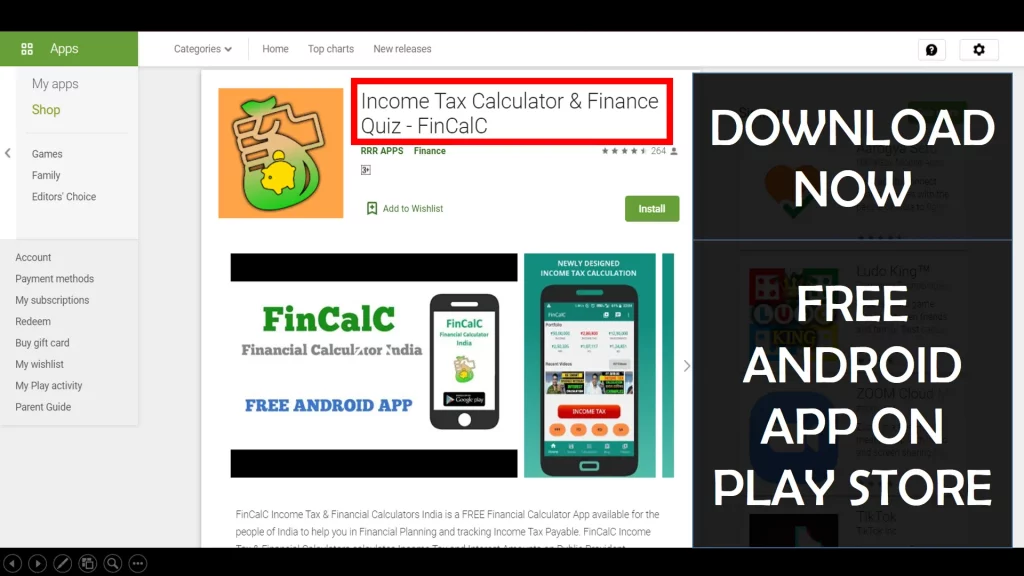
Use Popular Calculators:
- Income Tax Calculator
- Home Loan EMI Calculator
- SIP Calculator
- PPF Calculator
- HRA Calculator
- Step up SIP Calculator
- Savings Account Interest Calculator
- Lump sum Calculator
- FD Calculator
- RD Calculator
- Car Loan EMI Calculator
- Bike Loan EMI Calculator
- Sukanya Samriddhi Calculator
- Provident Fund Calculator
- Senior Citizen Savings Calculator
- NSC Calculator
- Monthly Income Scheme Calculator
- Mahila Samman Savings Calculator
- Systematic Withdrawal Calculator
- CAGR Calculator
I’d love to hear from you if you have any queries about Personal Finance and Money Management.
JOIN Telegram Group and stay updated with latest Personal Finance News and Topics.
Download our Free Android App – FinCalC to Calculate Income Tax and Interest on various small Saving Schemes in India including PPF, NSC, SIP and lot more.
Follow the Blog and Subscribe to YouTube Channel to stay updated about Personal Finance and Money Management topics.


